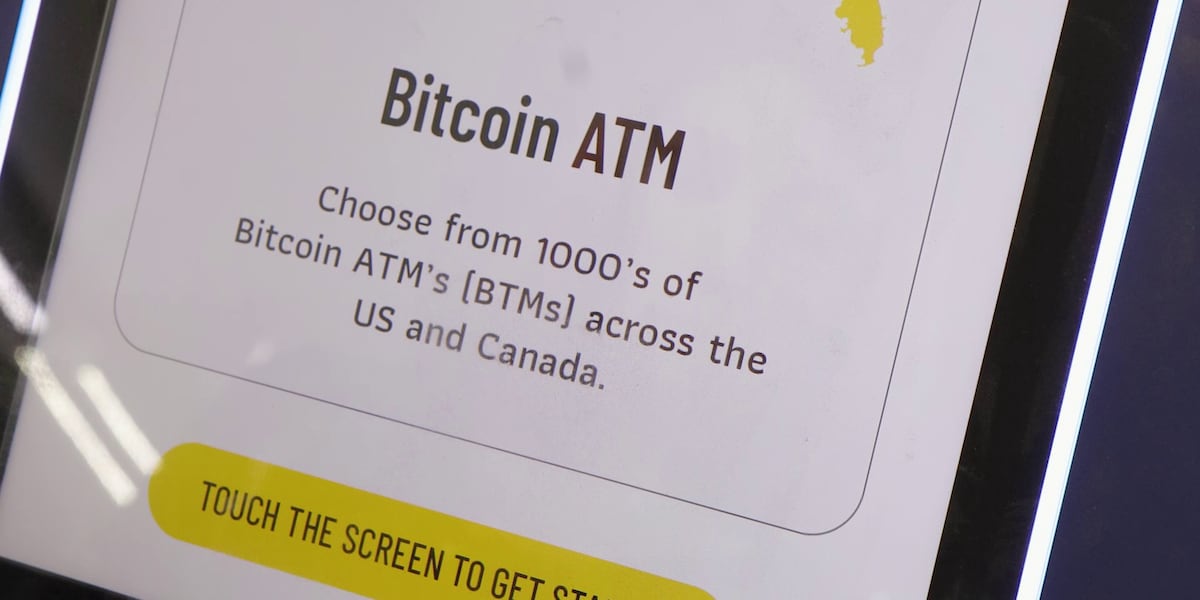Summary:
Bitcoin is not just a digital currency, it is resistance money that can protect against censorship and authoritarian regimes.
Bitcoin offers a valuable tool for those seeking to protect themselves from government overreach and financial repression, as seen in Russia and China.
Democrats have an opportunity to counter Trump's appeal to crypto voters by embracing Bitcoin and promoting its benefits.
The Democrats should consider easing regulatory crackdowns, treating Bitcoin miners fairly, and focusing enforcement efforts on actual criminals.
Bitcoin's decentralized nature and commitment to financial inclusion align with Democratic values, making it a natural fit for the party's platform.
Bitcoin: A Political Trojan Horse?
Former President Donald Trump, once a vocal critic of Bitcoin, has embraced the cryptocurrency, even calling himself the "crypto president." This shift is driven by the growing popularity of Bitcoin and the crypto industry's emergence as a political force. Trump's recent embrace of Bitcoin has been met with mixed reactions, with some praising his support for the technology while others see it as a cynical attempt to win over voters.
But Bitcoin is more than just a political football. It's resistance money, a financial tool that operates outside the control of governments and banks. This makes it a valuable asset for those seeking to protect themselves from censorship and financial persecution.
Bitcoin as a Weapon Against Authoritarianism
In an era of rising authoritarianism, Bitcoin can provide an important line of defense against government overreach. Authoritarian regimes often use their control over financial systems to suppress dissent and silence critics. Bitcoin, however, is censorship-resistant, allowing individuals to maintain their financial independence and freedom.
Examples:
- Russia: Vladimir Putin has used financial tools to target opposition leaders like Alexei Navalny and his Anti-Corruption Foundation, which now uses Bitcoin for fundraising and donations.
- China: The Chinese government has tightened control over its financial system, making Bitcoin an attractive alternative for those seeking to avoid government surveillance.
The Democratic Opportunity
Democrats, often seen as proponents of financial regulation, have an opportunity to leverage Bitcoin to their advantage. By embracing Bitcoin and promoting its benefits, they can:
- Counter Trump's efforts to attract crypto voters: Trump's embrace of Bitcoin has resonated with some voters, particularly in battleground states.
- Protect against authoritarianism: Bitcoin can serve as a hedge against financial repression, which could be a concern in a potential Trump second term.
- Promote American values: Bitcoin's decentralized nature and commitment to financial inclusion align with Democratic values.
A Shift in Strategy
The Democrats could signal their commitment to Bitcoin by:
- Easing up on regulatory crackdowns: The current regulatory landscape has created uncertainty for the crypto industry, which could be addressed by a more lenient approach.
- Treating Bitcoin miners fairly: Mining Bitcoin requires significant energy consumption. By recognizing the importance of mining and ensuring fair treatment for miners, Democrats can signal their support for the industry.
- Focusing enforcement efforts on actual criminals: Instead of targeting Bitcoin developers who create privacy tools, Democrats should focus their attention on criminals who use crypto for illicit activities.
Bitcoin: A Tool for Freedom and Equality
Bitcoin is not just a digital currency; it's a tool for financial freedom and equality. It allows individuals to control their own finances and participate in a global economy without relying on centralized institutions. As the political landscape evolves, Bitcoin is likely to become an increasingly important factor in both domestic and international affairs.







Comments